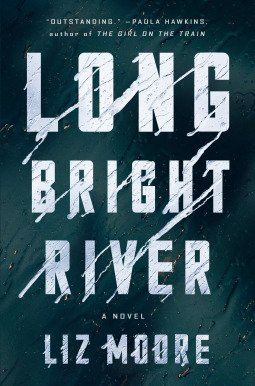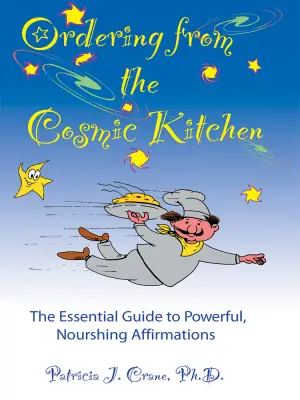Reflecting on the Depths of Connection: A Review of Long Bright River by Liz Moore
When I first stumbled upon Long Bright River by Liz Moore, I felt an immediate pull—a combination of intrigue and personal resonance. The backdrop of Kensington, Philadelphia, a neighborhood I’d heard whispers of during true crime discussions, captivated my attention. The fact that this gripping tale tackled themes of addiction intertwined with the painful bonds of sisterhood made it a must-read for me. Little did I know just how hauntingly beautiful and heart-wrenching this book would turn out to be.
The novel revolves around sisters Mickey and Kacey, whose lives couldn’t be more divergent. Mickey is a steadfast police officer and single mother, while Kacey has spiraled into the chaotic world of addiction and sex work. The stark contrast in their paths struck a chord deep within me, illustrating how life’s circumstances can lead siblings on divergent routes. Despite their estrangement, Mickey’s silent vigil over Kacey tugs at your heartstrings—an unspoken bond that remains fraught with love and despair.
Moore’s writing style is mesmerizing; she crafts an atmosphere that is at once chilling and alluring. The pacing is deliberate, allowing readers to linger in the complexity of Mickey’s emotions as she grapples with fear, guilt, and the urgency of her sister’s disappearance. I found myself scrambling to piece together information alongside her, caught in the throes of a narrative that felt both thrilling and terrifying. The immersive descriptions of Kensington, with its litter-strewn streets and backdrop of addiction, painted a stark picture and provided depth to Mickey’s internal conflict: the juxtaposition of her duty as a police officer and her desperation as a sister.
One moment that truly encapsulated the novel’s haunting power was when Mickey reflects on her childhood memories with Kacey. As the past collides with the present, revelations unfold that challenge both character and reader. Moore skillfully layers tension with emotions—I was left breathless at points, questioning not just the safety of Kacey but the fragility of family ties against the backdrop of addiction.
The themes that Moore weaves throughout the story are crucial—addiction’s devastating impact, the crumbling fabric of families, and the harsh realities of socioeconomic decline. It’s both a crime drama and a poignant family saga, highlighting how addiction can distort relationships and communities. My heart ached for Mickey, whose determination to find her sister often blurred the lines of her judgment, elevating the stakes in a race against time.
By the end, although the darkness of the subject matter left me reflective and somber, there was a glimmer of hope that resonated deeply. It left me pondering how resilience can emerge from the starkest of hardships, hinting at possibilities for redemption even in the murkiest waters.
I wholeheartedly recommend Long Bright River to anyone interested in a haunting exploration of addiction, family, and the complexities of love. This book is particularly significant for readers seeking a deep dive into not only the heartache within familial relationships but also the broader societal implications of our current drug crisis. It has stayed with me long after the final page, sparking conversations and reflections that I hope to share with fellow readers. If you choose to embark on this journey, be prepared—this book is as illuminating as it is poignant, staying with you long after you’ve closed the cover.
Rating: ⭐⭐⭐⭐½







